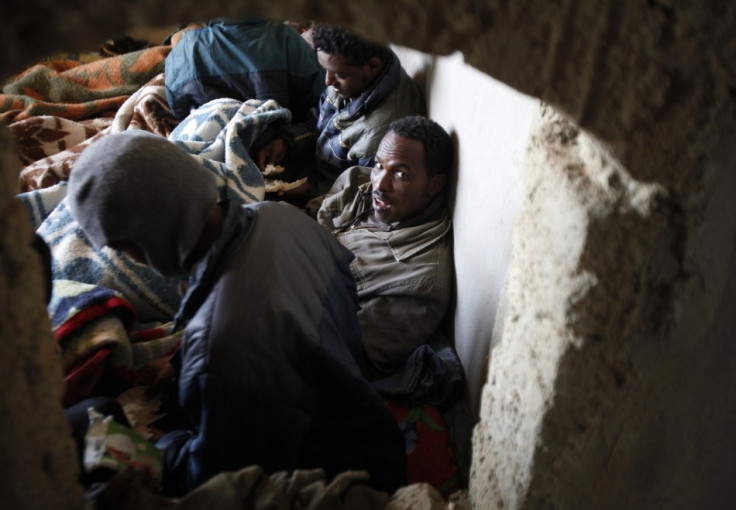Eritrea may be guilty of crimes against humanity, says UN

The Eritrean Government may be guilty of crimes against humanity, according to a report by the UN.
The report, compiled over a period of 12 months, chronicled several crimes including extrajudicial executions, torture, sex slavery, forced labour and mass killings against certain ethnic groups.
"The commission finds that systematic, widespread and gross human rights violations have been and are being committed in Eritrea under the authority of the Government," the report said, adding that the human rights violations "may constitute crimes against humanity."
The authors also concluded that the Eritrean Government "is accountable for the widespread torture inflicted on Eritreans throughout the country." Specific torture methods included electric shock, near-drowning, sexual abuse and forcing people to stare at the burning sun for long periods of time.
"Eritreans are unable to express themselves freely, to practice their religion without undue interference, to enjoy unrestricted access to information or to have the liberty to assemble and associate" the report said.
"Pervasive control systems and heavy consequences for perceived deviant behaviours, including lifetime incarceration or death, have created an environment of self-censorship whereby individuals no longer trust anyone."
One person interviewed by the investigators said: "When I am in Eritrea, I feel that I cannot even think because I am afraid that people can read my thoughts."
As a result of persecution, limitations of basic freedoms and impartial judicial and political systems, people have fled the country at a rate of 5,000 every month. An estimated 6 to 10% of Eritreans are registered as refugees by the UN.
The investigation also said that the government considers people who try to leave the country as traitors and has adopted a shoot-to-kill policy to stop Eritreans from fleeing.
The UN urged the international community to help Eritrean refugees by making their migration routes safer and not sending them back to their country of origin.
The Eritrean government, which has been ruled by Isaias Afwerki for the past 22 years, refused to take part in the investigation and has not made any comment regarding the report's findings.
© Copyright IBTimes 2024. All rights reserved.






